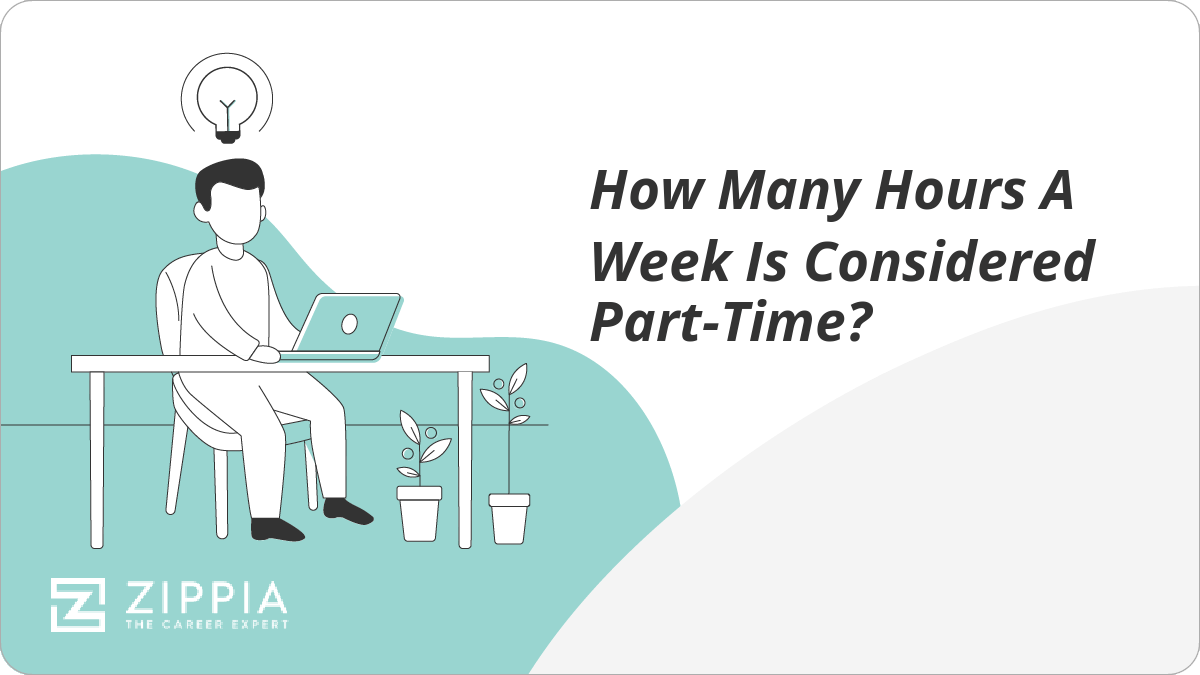
What Is a Part Time Job?
A part time job is a great way to earn a little extra money, and can also help you decide if you would like to move on to a full time position. However, a part time job does not have the same benefits as a full time job. In addition, the hours you work are often limited, and there are usually shifts.
It’s a great way to test-drive a new career
Part time jobs are a great way to test out a new career or to pick up a few extra bucks. This can also be a great way to build up a professional network before you make the leap into full time employment. It is a great opportunity to prove to an employer that you are a capable employee before committing to a longer term contract. Getting a job in your chosen field is no easy task.
The best part about having a part time job is the flexibility you gain in your day to day routine. If you are an experienced professional looking to expand your horizons or take your career to the next level, a part time gig can be an ideal way to do so. For students, this type of job is a good way to get a taste of the real world before committing to an academic program. On the flip side, a part time job can be a great way to boost your resume, giving you more options when it comes to choosing an ideal fit. So, how do you decide which part time job is right for you? A little bit of homework can go a long way.
One of the best ways to do this is to attend a career fair. Not only can you make valuable connections and expand your horizons, you may even land a coveted internship or job in your desired field. In fact, according to the National Association of Colleges and Employers, a large percentage of employers offer full-time jobs to internship candidates. This is an especially good move if you are a recent college grad, as you can make an immediate impact in your field of interest. As such, it is a no brainer to attend a career fair.
It doesn’t tend to have the same benefits as full-time jobs
Part time jobs do not tend to have the same benefits as full-time ones. For example, most part time employees do not receive health or dental insurance. They also do not typically receive paid time off. Also, some companies do not offer the opportunity to earn profit sharing, or RRSP contribution matching.
Full-time employees usually have more responsibilities and work longer hours. This can lead to burnout and decreased engagement. However, they may also be able to earn more take-home pay. The ACA requires employers to provide healthcare benefits for employees who regularly work 30 or more hours per week. These requirements may include health and vision insurance.
If you have family or caregiving responsibilities, you may consider a part-time job. However, part-time workers can lose out on important company benefits and become less engaged in their work. In addition, your family will likely be affected by your work schedule.
If you’re looking for a job with flexible hours, you may want to consider a part-time position. Some organizations offer a consistent schedule that allows you to attend school, take care of your children, or meet other family responsibilities.
Despite the flexibility offered by part-time jobs, they can be a logistical nightmare. Depending on your employer, you may have to work several jobs, or you may be kept on “on call” throughout the week.
Although there is no definitive answer as to what is considered part-time, many professionals argue that part-time work is a better choice for families and students. It can be a great way to build a professional career without committing to a full-time position.
Part-time workers need to be upfront about their priorities. They should communicate how they are using their hours, and they must address legitimate concerns. Otherwise, management may not honor their availability.
Ultimately, though, the biggest pitfall of working part-time is the lack of benefits. Many part-time positions do not come with health, dental, or vision insurance, and they do not receive employee discounts. Additionally, most part-time workers do not have the same opportunities to advance within the organization.
Successful part-timers know the company ropes
When your job is to provide a part-time support to an organization, you want to ensure that you understand the expectations of that company. It is vital to know what kind of work is expected from you, and you also need to learn how to meet those expectations. For example, you need to interact with clients and colleagues in person, not by email. As a result, you will need to establish a routine for when you are on vacation, when you have an extra day to work, and how you are monitoring your work while you are away.
You will also need to make sure that you are not interfering with other workers or clients. The best way to avoid this is to communicate clearly about your role and what your priorities are. If you are planning to return to a full-time position, you should announce this to your colleagues in writing. This allows you to reassure them that you are planning to stay on and that you are not taking advantage of your status as a part-timer.
Finally, it is important to understand how to handle the departure of a part-timer. There are five strategies that you can use to help you overcome any challenges.
